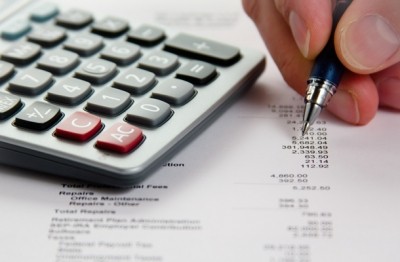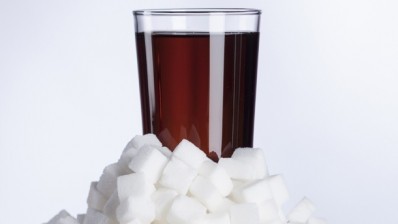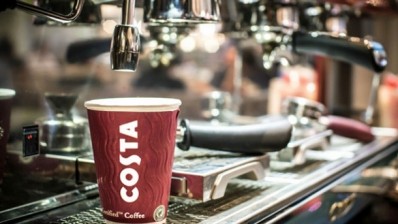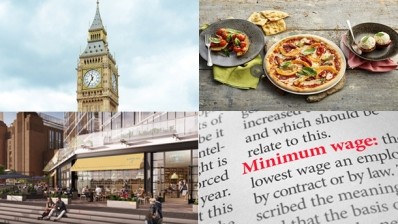Budget 2016: Sugar tax, business rate relief, beer duty freeze
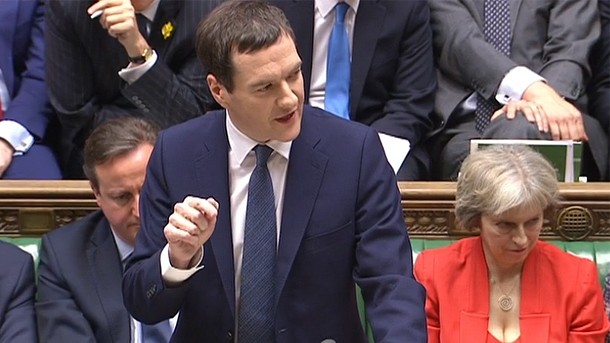
Osborne, delivering his eighth Budget, said he had been compelled to tackle children's health and therefore had decided to introduce a new sugar levy on the soft drinks industry.
The levy, which will come into effect in 2018 will see soft drinks companies forced to pay tax related to the amount of sugar per 100ml of liquid - one band for more than five grams of sugar per 100ml and another for more than eight grams.
Pure fruit juices and milk-based drinks will be exempt with the estimated £520m the tax will raise being used to fund sport in primary schools.
"I am not prepared to look back at my time here in this Parliament, doing this job and say to my children’s generation: I’m sorry. We knew there was a problem with sugary drinks. We knew it caused disease. But we ducked the difficult decisions and we did nothing," he said.
Boost for booze
There was good news for pubs with Osborne freezing beer, cider and whisky duty.
He said it was important to back the 'vital' spirits industry, with Scotch Whisky now accounting for a fifth of all of the UK’s food and drink exports.
However, the Chancellor ignored calls from the Wine and Spirit Trade Association (WSTA) to cut wine duty by two per cent amid ‘difficult trading conditions’.
Instead, all other alcohol duty will continue to rise in line with inflation.
Small business help
Osborne unveiled a raft of measures he said would help the 'great unfairness' felt by small businesses.
The threshold for small business rates will rise from £6,000 to £15,000, meaning from April next year 600,000 small businesses will pay no business rates at all. The higher rate threshold will rise from £18,000 to £51,000.
Corporation tax is to be cut by 3 per cent. At the start of Parliament, the rate was 20 per cent but by 2020 it will fall to 17 per cent.
The Chancellor also announced changes to the payment of commercial stamp duty. From midnight tonight businesses will pay no stamp duty on sites worth £150,000 or less, 1 per cent on sites worth up to £250,000 and 2 per cent thereafter.
Osborne used the example of a person buying a pub valued at £270,000 in the Midlands who would pay £8,000 in stamp duty before the cut and £3,000 after.
Neil Morgan, managing director, Pub & Restaurants at Christie & Co said it was a 'tremendous boost to the sector'.
"Our clients will be saving money from tomorrow, with a typical buyer purchasing a pub saving £5,000 on a pub worth £270,000.
"Tax savings for lower paid workers will leave them with more of a discretionary spend. This may give a boost to the leisure and licensed sectors."
Flood defences
In the wake of the recent devastating floods in the North of England Osborne pledged an additional £700m for ‘substantial’ increases in flood defences.
He gave the ‘go ahead’ for new schemes in York, Leeds, Calder Valley, Carlisle and across Cumbria – where floods have caused an estimated £500m in damage to local infrastructure, including thousands of hospitality businesses.
What was missing?
Once again the Chancellor failed to introduce a cut in Tourism VAT, despite ongoing pressure from the hospitality industry and a coalition of MPs.
The Cut Tourism VAT campaign estimates that reducing the tax from 20 to five per cent could be worth £20bn to the UK over ten years.
